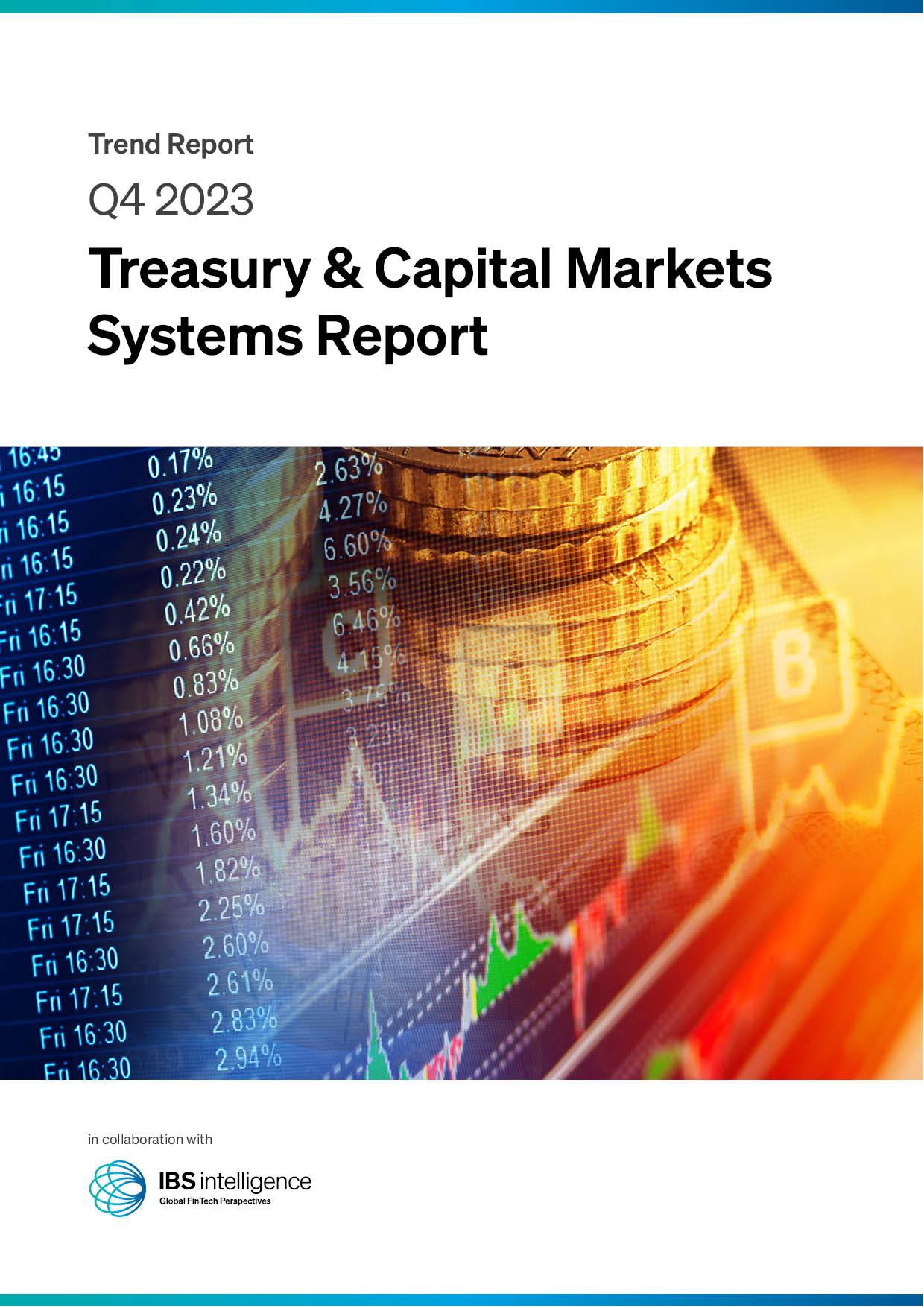Pursuing chargeback seamlessly: Interview with Michael B. Cohen, VP of Global Operations, MyChargeBack
By Edlyn Cardoza

When a bank reverses a credit or debit card charge, it is a chargeback. Usually, this happens when a cardholder contacts and claims with the bank to dispute a transaction that resulted in abuse or fraud. As part of the chargeback process, the funds are then pulled from the merchant’s account and are returned to the cardholder’s account.
Chargebacks can be a frustrating threat to your livelihood, especially if you are a merchant. Simultaneously, if you are a consumer, chargebacks act as a shield between dishonest merchants and you.
To make recovering funds lost during transactions seamless, MyChargeBack, an American financial services firm, is here to help banks and consumers ease out the process. Founded in 2016, MyChargeBack assists consumers who seek to dispute complex, card-not-present transactions. Their mission is to provide their clients with proven strategies to raise disputes with their banks or directly with the merchants themselves.
There are no chargebacks for bank wire payments. So MyChargeBack employs an entirely different procedure to recover wired funds, a bank wire recall. This complex process requires an intensive, coordinated effort by their investigative and recovery teams. Finally, by employing advanced cyber tools and a team of seasoned investigators, MyChargeBack can assist consumers in tracking down recalcitrant merchants and uncover the path that cryptocurrency took between wallets to discover the beneficiary.
IBS Intelligence sat down with Michael B. Cohen, VP of Global Operations for MyChargeBack, to discuss chargebacks and fraud cryptocurrency transactions.
Could you give us an overview of your service offering and client base?
MyChargeBack is a global financial services firm that assists individual consumers and financial institutions, including FinTechs and banks, with their complex transaction disputes. Founded in 2016, MyChargeBack pioneered innovative strategies for locating missing cryptocurrencies and pursuing chargebacks and other types of dispute resolution. Our proprietary technologies also assist banks by reducing the time and cost that they must invest in assessing, validating, and processing the ever-increasing number of these cases. In addition, we have been at the forefront of developing proprietary SaaS-based platforms, which are pioneering dispute resolution for chargebacks and investigative services for cryptocurrency transactions. We have assisted thousands of clients in more than 100 countries, both those seeking to uncover what happened to their missing cryptocurrency and those with card-not-present disputes, particularly for authorised transactions.
How does MyChargeBack handle credit card disputes?
MyChargeBack first analyses a case to meet the minimum standards for submitting a chargeback request. These standards are considerably higher for an authorised transaction than those for fraud. If we accept a case, we use supporting documentation and evidence to prepare a detailed representation regarding the consumer’s rights. We then continue to provide ongoing consulting services throughout the dispute process, taking anywhere between 60 days and six months or more. We turn to the bank ombudsman or financial services regulator to further mediate the dispute when appropriate. The credit card dispute process is very nuanced, and we provide the shoulder, knowledge, and experience required since merchants can be expected to object. In that respect, we are a counterbalance for cardholders since merchants work with professional companies to assist them in responding to chargeback claims.
How is MyChargeBack identifying fraudsters in cryptocurrency transactions?
It’s a two-step process. The first step is investigative. The cryptocurrency’s path through the blockchain must be traced, from crypto exchange to crypto exchange, until it was cashed out into fiat currency. To do so, we employ sophisticated forensic technology, the same type typically deployed by law enforcement agencies, central banks, and tax authorities. Using these tools, our team of certified crypto forensic investigators traces a client’s cryptocurrency along the path it took from one crypto exchange to the next until it is exchanged for cash. Indeed, the possibility exists that the crypto was laundered at some point between exchanges, and if so, we can prove that as well. We document our findings in a report that we prepare for the client.
The second step is filing a complaint with the local police. Armed with the evidence we have uncovered, law enforcement is asked to notify the last crypto exchange we have identified that it believes a crime has been committed involving cryptocurrency held in one of its wallets. The expectation is that the individual who cashed out the crypto is either the perpetrator or, if not, can provide key clues as to the perpetrator’s identity. Since crypto exchanges operate in accordance with the law, they will be expected to cooperate and provide the name of the individual in question. If necessary, we assist our clients by explaining to law enforcement the critical role in pursuing it. If the local police force lacks a dedicated cryptocurrency crime unit, we instruct them how to proceed. We have significant expertise in these cases and experience in pursuing cryptocurrency disputes globally, having established working relationships with 450 law enforcement agencies worldwide.
With every sector digitising, how easy has cybercrime become?
Perhaps to the best answer, that question, let’s first compare how complex traditional non-cyber crimes have become. After decades of tailor-made legislation, international treaties, and specialised software development to prevent it, money laundering continues full speed ahead. Money launderers constantly find new loopholes in legislation, ways to circumvent treaties and are adept at developing their software. Yes, there are many gaps in the architecture of cryptocurrency that are exploited by cybercriminals, mainly because the world hasn’t had the time to develop the mechanisms to thwart them. Nonetheless, we have reason to believe that will change. Very simply, that’s because the blockchain is a supercharged accounting ledger that never forgets. Compare that to those old handwritten school accounting ledgers thrown out after accumulating dust for seven years. The blockchain, in contrast, is forever. Every new transaction and every new hop are permanently engraved for eternity. And that’s a long time. All the transactions that go into the blockchain form a web, so what is recorded today remains available for the crime fighters of tomorrow, who will consult it when they examine future transactions and future hops in hunting down and uncovering crypto criminals. Therefore, the good news is that ultimately, the current shortcomings of the blockchain will disappear.
What makes MyChargeBack different from other chargeback companies in the market?
First is our professional recognition. We are an associate member of the American Bankers Association (ABA). Our UK affiliate is licensed and authorised by the highly respected British regulator, the Financial Conduct Authority (FCA), as a claims management company. Our international standing is one of the reasons why MyChargeBack is a sought-after source of comment and analysis by news organisations and financial industry analysts around the world. Second, we are led by former financial services executives with expertise in payments, regulation and law who have developed a corporate culture that places knowledge and transparency at the forefront of our business ethic. Our focus, therefore, is to provide our clients with superior quality service supported by world-class expertise in transaction disputes. And finally, our global presence. We maintain offices in New York, London, Copenhagen. Tel Aviv and Pretoria, South Africa, and clients can communicate with us in more than a dozen languages.
What does MyChargeBack have planned in the pipeline for 2022?
The majority of the cases we deal with today involve cryptocurrency. Specifically, we trace the route that crypto was stolen from our clients takes through the blockchain to identify the exchange it arrived at and the wallet into which it was deposited. We then prepare authoritative investigative reports that our clients submit to their local police departments, which use them as the critical evidence they require to request that crypto exchange identifies for them the wallet owner. Our reports have enabled the police to open criminal cases, pursue those responsible and pressure them to return the cryptocurrency in question to our clients. As a result, we have educated hundreds of police forces worldwide without dedicated cybercrime units that would otherwise not know how to pursue these cases. Law enforcement agencies are now asking us in return to expand the scope and depth of our reports to broaden their knowledge even further and expand the scope of their investigations.
ALSO READ: Global Transaction Banking Vendors and Landscape Report Q4 2021
IBSi Daily News Analysis
IBSi FinTech Journal

- Most trusted FinTech journal since 1991
- Digital monthly issue
- 60+ pages of research, analysis, interviews, opinions, and rankings
- Global coverage
Other Related News
Related Reports
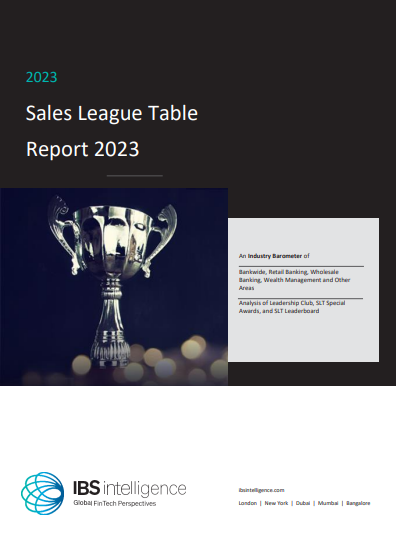
Sales League Table Report 2023
Know More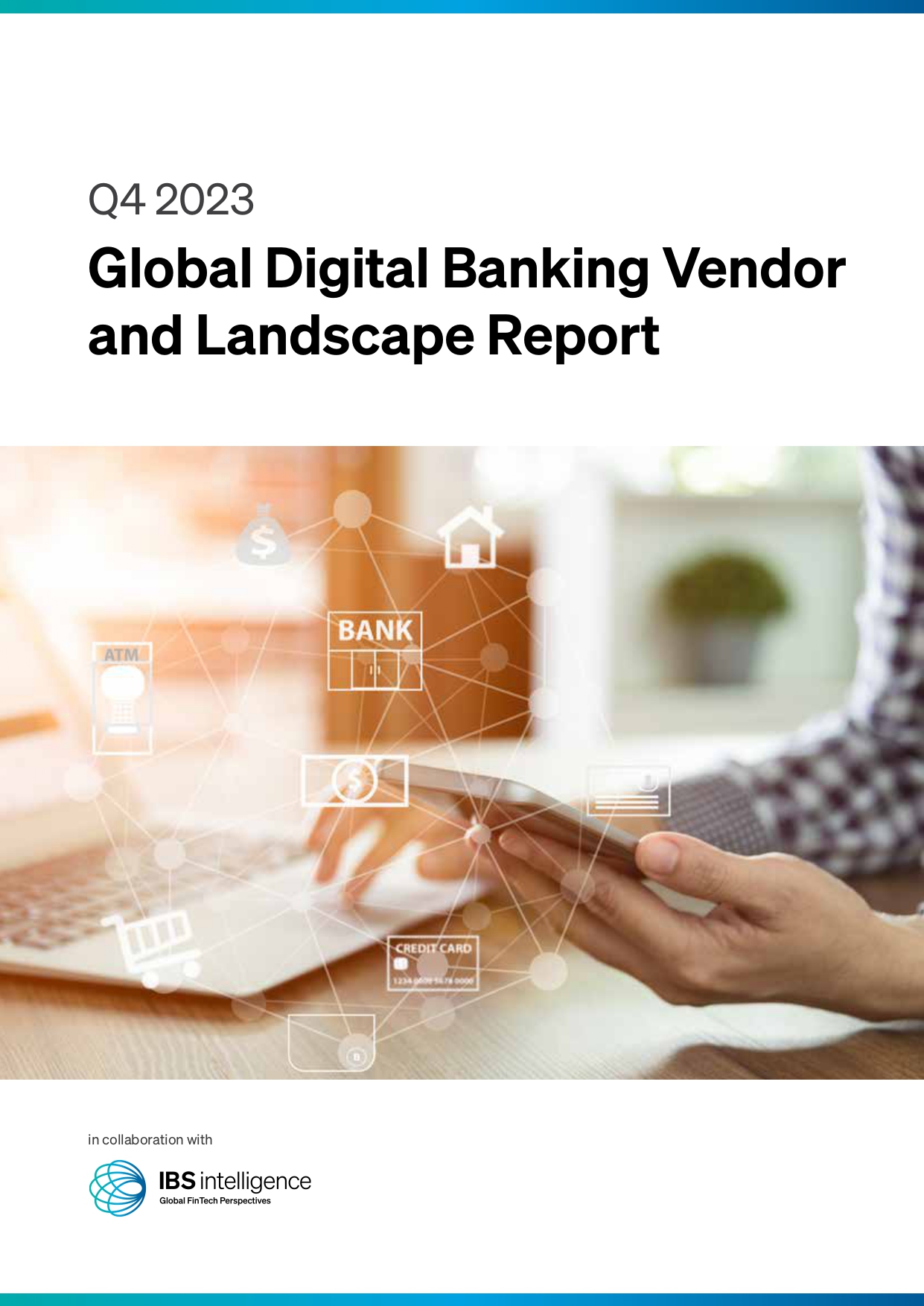
Global Digital Banking Vendor & Landscape Report Q4 2023
Know More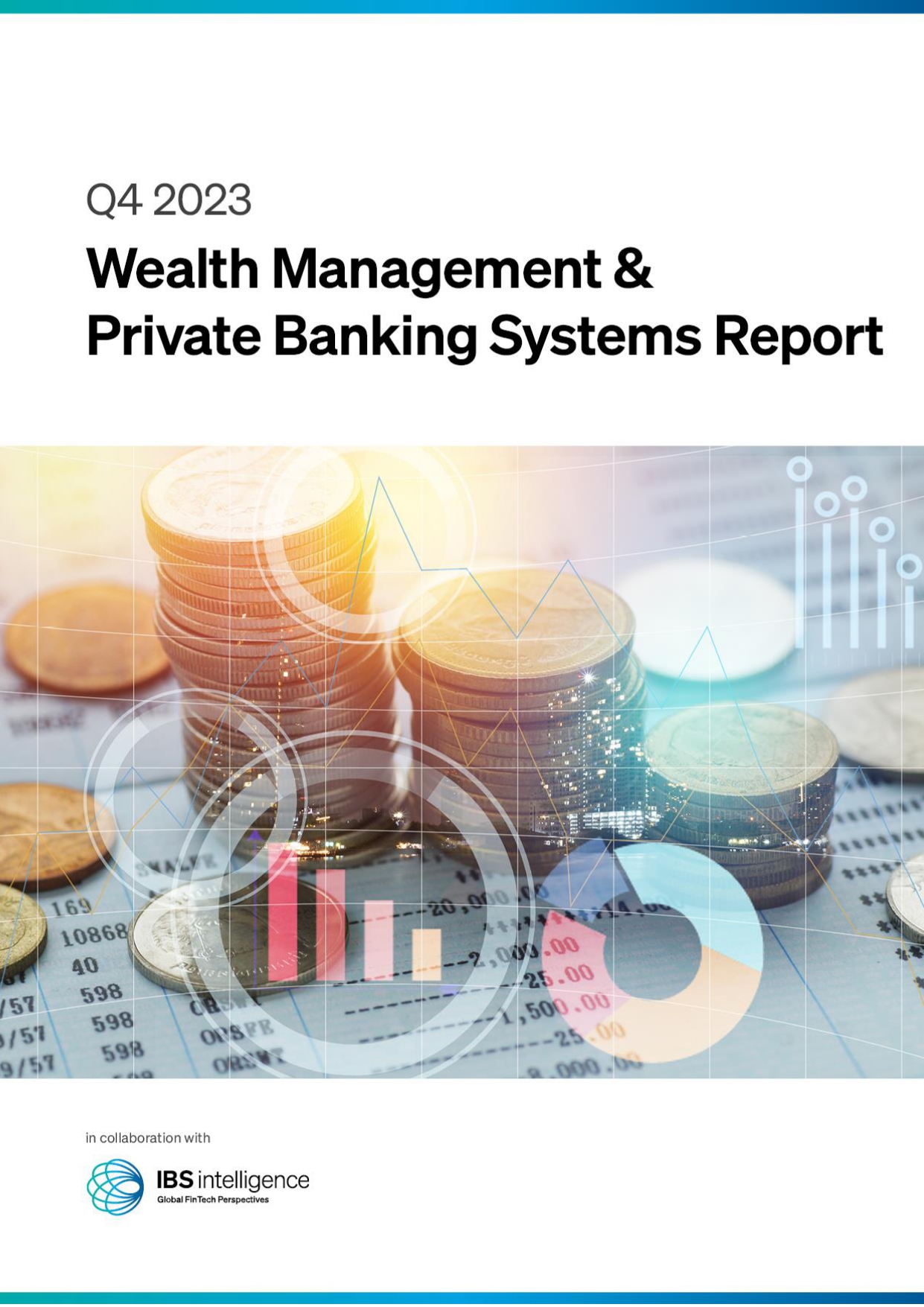
Wealth Management & Private Banking Systems Report Q4 2023
Know More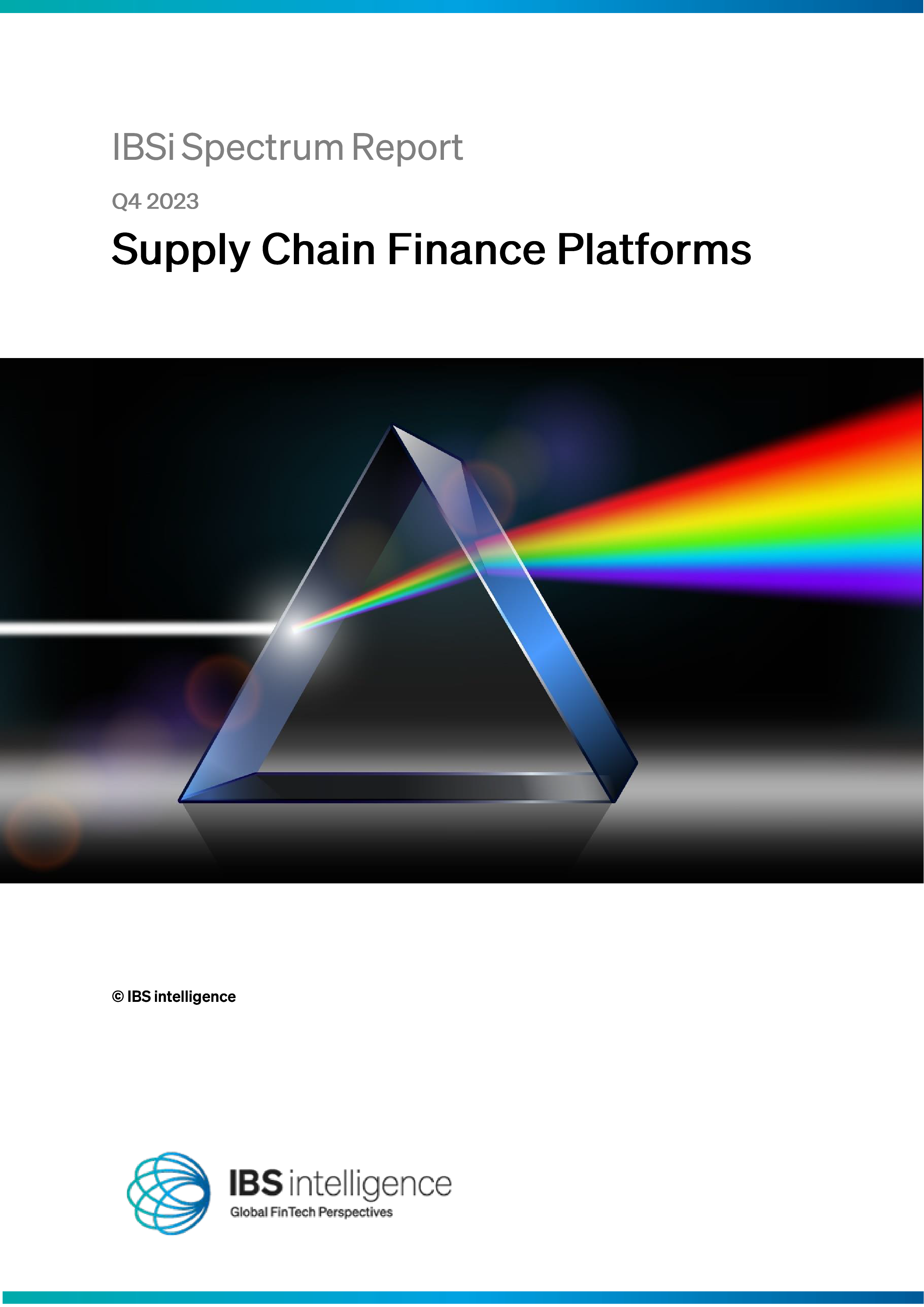
IBSi Spectrum Report: Supply Chain Finance Platforms Q4 2023
Know More